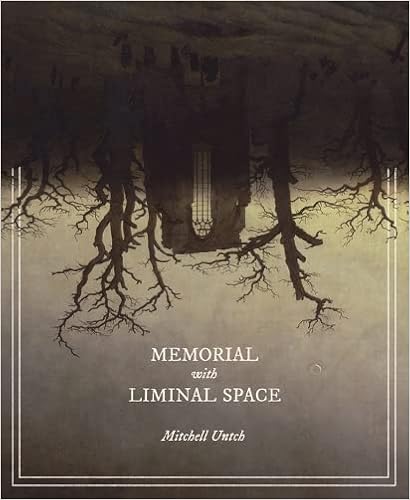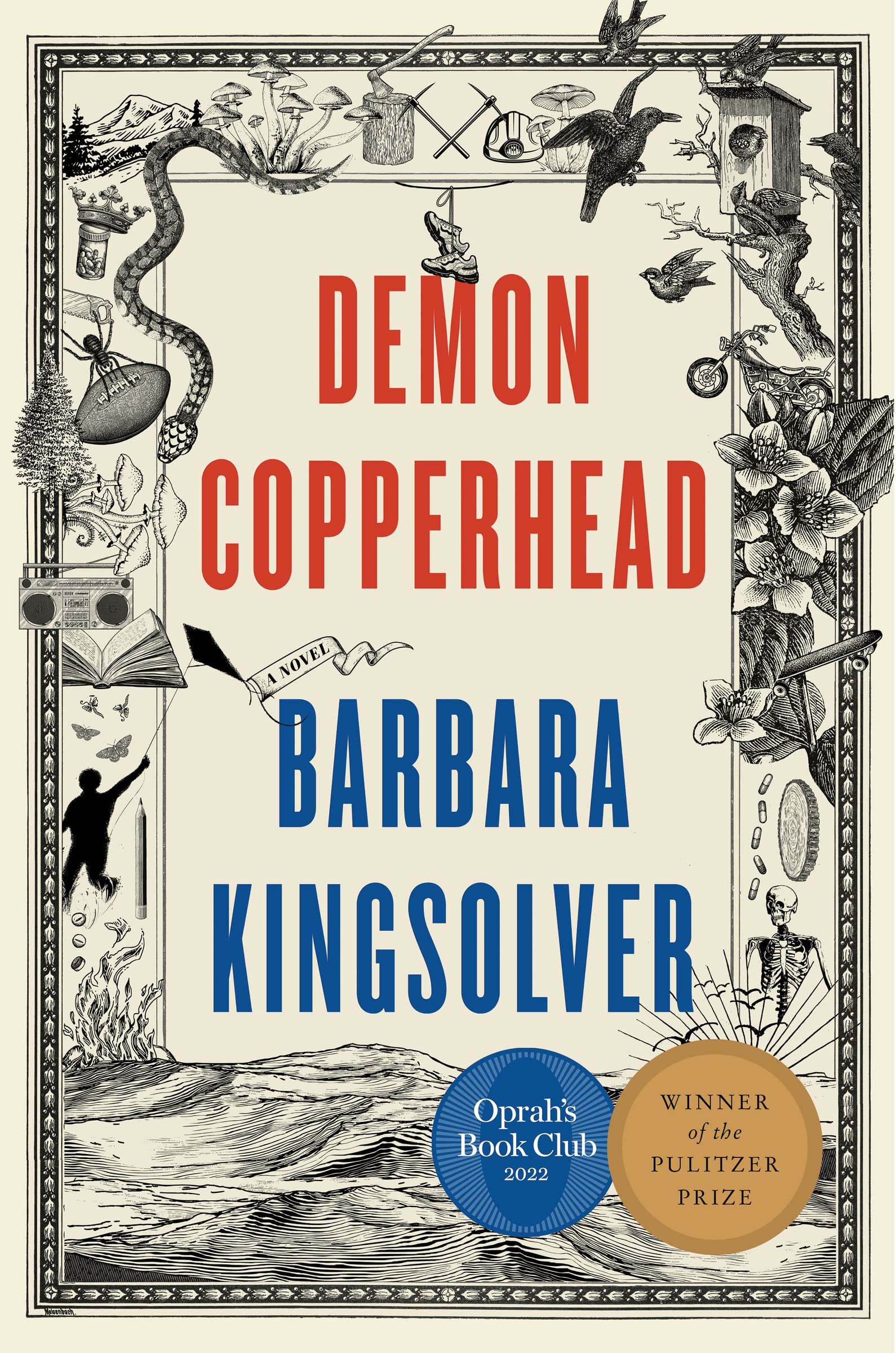 Ali Whitelock’s voice is so distinctive. I don’t just mean her beautiful Scottish brogue, though if you’ve ever heard her read, the richness of that accent will remain with you when you read her work on the page. Whitelock’s voice is woven throughout the work. It’s an immediacy and an openness that makes you feel, when reading her poetry, that you have been friends your whole life and she is not only confiding in you but drawing out of you your own dark secrets so you can laugh at them together.
Ali Whitelock’s voice is so distinctive. I don’t just mean her beautiful Scottish brogue, though if you’ve ever heard her read, the richness of that accent will remain with you when you read her work on the page. Whitelock’s voice is woven throughout the work. It’s an immediacy and an openness that makes you feel, when reading her poetry, that you have been friends your whole life and she is not only confiding in you but drawing out of you your own dark secrets so you can laugh at them together.
Category: Book Reviews
Book Reviews
A review of Chinese Fish by Grace Yee
 The book contains lists, poems in two different styles, one style is always in italic and written in a way like if the person writing the piece doesn’t have full command of the English language, the others are normal poems, some of the poems as well as the narrated pieces include some words in Chinese characters. Furthermore, the reader will encounter short dialogues, archival fragments, old policies, lists, eight pages (eight is considered a lucky number in Chinese culture) containing the pictures of a Chinese doll and some political comments.
The book contains lists, poems in two different styles, one style is always in italic and written in a way like if the person writing the piece doesn’t have full command of the English language, the others are normal poems, some of the poems as well as the narrated pieces include some words in Chinese characters. Furthermore, the reader will encounter short dialogues, archival fragments, old policies, lists, eight pages (eight is considered a lucky number in Chinese culture) containing the pictures of a Chinese doll and some political comments.
Sun-Showered Burial: A Review of Memorial With Liminal Space by Mitchell Untchs
 A Memorial With Liminal Space speaks eloquently and intimately-one of those hallowed late-night conversations with someone you’ve known for a very long time. Reading this book helped me feel more connected to myself, the larger world, and loved ones that have passed, and that is a beautiful feeling I am deeply grateful for.
A Memorial With Liminal Space speaks eloquently and intimately-one of those hallowed late-night conversations with someone you’ve known for a very long time. Reading this book helped me feel more connected to myself, the larger world, and loved ones that have passed, and that is a beautiful feeling I am deeply grateful for.
A review of Ravage & Son by Jerome Charyn
 The grim urban setting of Ravage & Son, its violence, cast of criminals from all classes, and atmosphere of pessimism and disillusionment are characteristics of the noir genre. In Charyn’s story, we see a promising youth who was given the chance to make something of himself in the world’s terms, yet chooses a different course for several reasons and eventually is defeated by the milieu he sought to clean up.
The grim urban setting of Ravage & Son, its violence, cast of criminals from all classes, and atmosphere of pessimism and disillusionment are characteristics of the noir genre. In Charyn’s story, we see a promising youth who was given the chance to make something of himself in the world’s terms, yet chooses a different course for several reasons and eventually is defeated by the milieu he sought to clean up.
A review of Tuesday’s Child Is Full by PS Cottier
 Cottier hides treasures in every poems. Some of the treasures are not easily accessible because the poet very cleverly has hidden them in abstract pictures painted with words. Consequently, some of the poems may need more than one reading to get to their meaning. Others, like a Rorschach test, open a door in your mind and allows you to search for your own meaning which can be an excellent stimulant for the imagination.
Cottier hides treasures in every poems. Some of the treasures are not easily accessible because the poet very cleverly has hidden them in abstract pictures painted with words. Consequently, some of the poems may need more than one reading to get to their meaning. Others, like a Rorschach test, open a door in your mind and allows you to search for your own meaning which can be an excellent stimulant for the imagination.
A review of Clean by Scott-Patrick Mitchell
 The work is immediately hard-hitting, engaging with both the personal and the political in a way that feels as though it is removing layers from skin, revealing a deep vulnerability that is universal. The inherent pull between the many physical, philosophical and psychological impacts of addiction, attraction, joy and loss is rendered with such tenderness that the reader can’t help but feel as though Mitchell is writing about all of us, about the perilous and flawed nature of being human.
The work is immediately hard-hitting, engaging with both the personal and the political in a way that feels as though it is removing layers from skin, revealing a deep vulnerability that is universal. The inherent pull between the many physical, philosophical and psychological impacts of addiction, attraction, joy and loss is rendered with such tenderness that the reader can’t help but feel as though Mitchell is writing about all of us, about the perilous and flawed nature of being human.
A review of Your Lonely Nights Are Over by Adam Sass

A review of The Badass Brontës by Jane Satterfield
 Jane Satterfield vividly brings the Brontë sisters to life, showing them as quietly iconoclastic women in early nineteenth century England, at the dawn of the Industrial Revolution. While providing background in “dramatis personae” sketches and an historical outline at the end of the book, as well as copious illuminating epigraphs to many of the poems.
Jane Satterfield vividly brings the Brontë sisters to life, showing them as quietly iconoclastic women in early nineteenth century England, at the dawn of the Industrial Revolution. While providing background in “dramatis personae” sketches and an historical outline at the end of the book, as well as copious illuminating epigraphs to many of the poems.
A review of Demon Copperhead by Barbara Kingsolver
 Many novelists have retold classics from bygone eras. One thinks of Jane Smiley’s retelling of King Lear in A Thousand Acres and Curtis Sittenfeld transforming Pride and Prejudice into Eligible. The fun in reading adaptations lies in seeing how the characters turn out in a new setting, and whether or not the author retains the theme of the original classic.
Many novelists have retold classics from bygone eras. One thinks of Jane Smiley’s retelling of King Lear in A Thousand Acres and Curtis Sittenfeld transforming Pride and Prejudice into Eligible. The fun in reading adaptations lies in seeing how the characters turn out in a new setting, and whether or not the author retains the theme of the original classic.
A review of A Dangerous Daughter by Dina Davis
 Ivy’s recovery only begins when the blame, punishment and shaming stops, thanks to an empathetic Freudian psychoanalyst who helps Ivy understand the nature of her illness. Davis’ writing is subtle and powerful throughout the book, focusing on Ivy’s growing sense of self and a slow, nonlinear healing process that rings true.
Ivy’s recovery only begins when the blame, punishment and shaming stops, thanks to an empathetic Freudian psychoanalyst who helps Ivy understand the nature of her illness. Davis’ writing is subtle and powerful throughout the book, focusing on Ivy’s growing sense of self and a slow, nonlinear healing process that rings true.